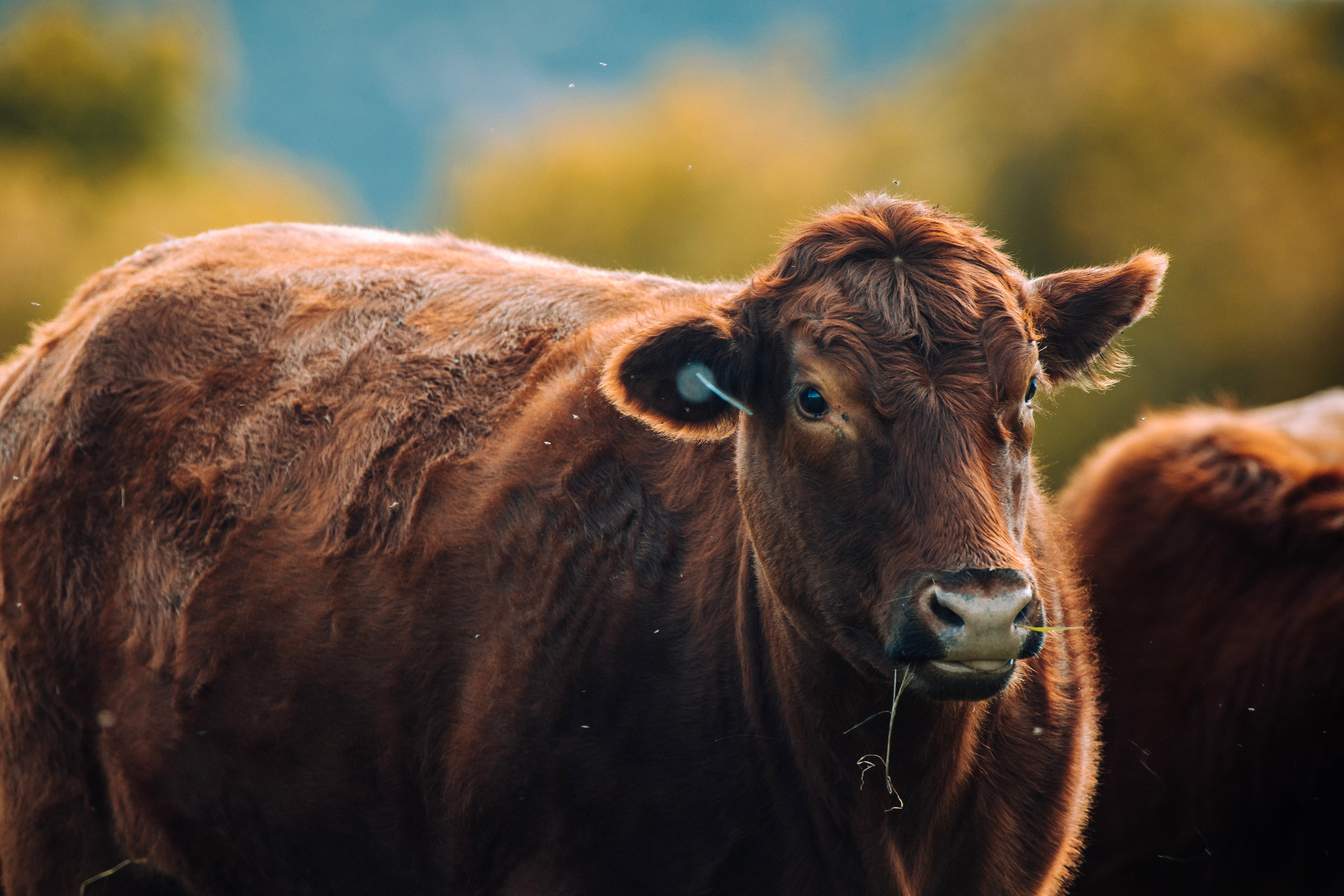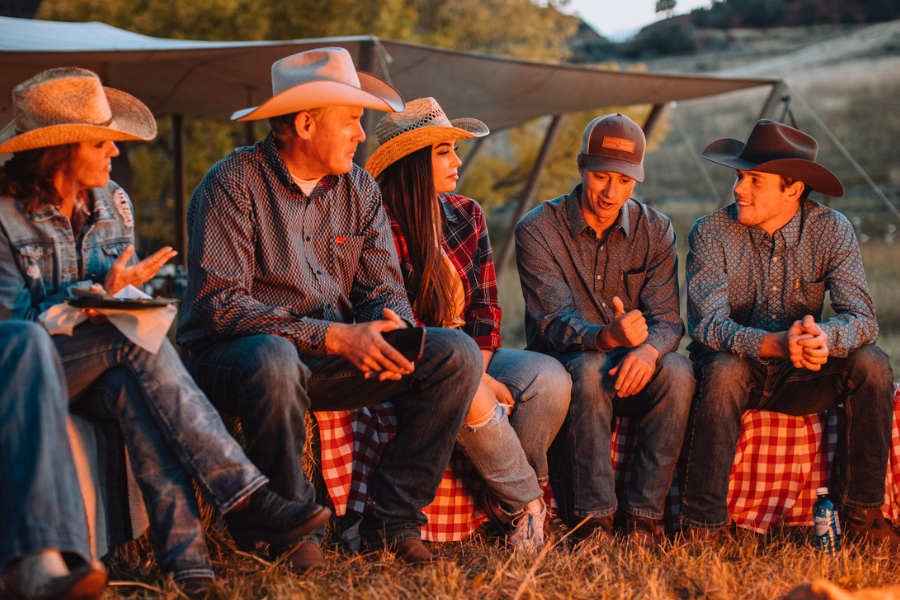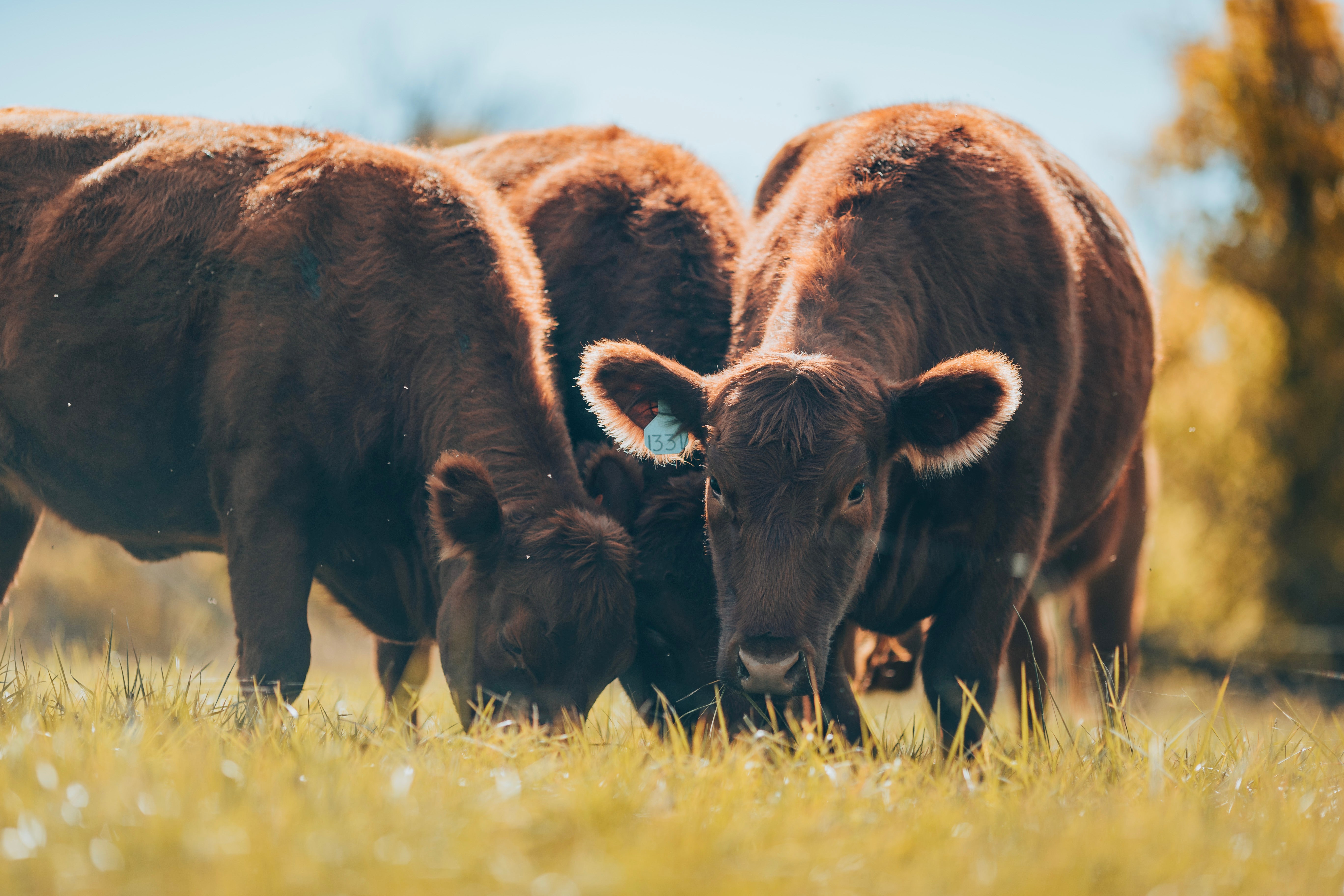
Advocating for Agriculture: Why Education is Vital to the Beef Industry
You invest in your interests. Take golf for example. You likely wouldn’t pay thousands of dollars for golf clubs unless you cared about the sport. With caring (usually) comes an understanding. Would you be passionate about golf if you knew nothing about it? Chances are, probably not.
The same concept applies to agriculture. If people do not understand agriculture, how can they care about it? And if they don’t care about it, what motivates them to invest in it?
According to a 2022 survey, 76% of US adults don’t trust the information they receive about their food, 73% of US adults have a poor impression of agriculture and food production, and 72% of adults know “nothing or very little” about farming and ranching. That means 7 out of 10 people do not understand beef production, nor do they think highly of the industry.
Advocating for Agriculture: Why Education is Vital to the Beef Industry
Lazy T Ranch sells premium all-natural beef. Everything we do revolves around beef quality and making direct-from-the-rancher products accessible and convenient. Hence our beef boxes! Not everyone can store a half or whole beef in their freezer, so we sell beef in 12lb boxes, making it easy to have a relationship with a cattle rancher.
But let’s put all that aside. We have the privilege of participating in a timeless lifestyle. We are part of the small percentage of U.S. citizens who dedicate their lives to producing quality food. Beyond our passion for raising and selling beef, we believe in agriculture and want to do our small part to preserve and protect it because . . .
- Agriculture supplies our national food system.
- Agriculture makes fresh, local food accessible.
- Agriculture supports the economy and provides 10% of US employment.
The Benefits of Teaching the Public About Agriculture
The more people understand agriculture, the more they’ll care about it and advocate for its well-being.
- They’ll vote in favor of Ag-supportive legislation.
- They’ll purchase directly from ranchers and farmers.
- They’ll make healthier eating choices due to a better understanding of nutrition.
- And they’ll care more about the environment and conservation, seeing how Ag positively contributes.
Education's Importance to the Beef Industry
There are countless misperceptions regarding agriculture. The general media likes to push an anti-Ag agenda and circulate the message that agriculture, particularly cattle production, destroys the environment with greenhouse gas emissions and abused resources. They also claim that beef is bad for one’s health, grass-finished beef is healthier than grain-finished, farmers and ranchers mistreat animals, and so on. All untrue, but the misinformation does little to garner support for agricultural initiatives.
Truth builds reputation. By teaching the public about the beef industry, we create new communication pathways and gain consumers’ trust, empowering them to make informed buying decisions. Again, if people understand, they’re motivated to care, and if they care, they’ll keep ranches and farms in business . . . and quality, American-raised beef reaching plates.
The Correlation Between Agricultural Education and Beef Quality
Agriculture makes food and other essential products available to the masses. It caters to everybody, meaning quality can vary depending on the product’s value (price tag).
Before we continue, we must preface by saying beef is good. Choose your best beef option. Eat beef. Support your American ranchers and farmers however you can. An incredible characteristic of the beef industry is its accessibility; anyone can get their hands on beef. We want to keep it that way.
However, not all beef is equal in taste, tenderness, and nutritional benefits. Factors such as genetics, environment, feed, and processing come into play.
Agricultural education helps people experience the best that beef has to offer. Regardless of their budget and location, if people understand production claims and how the factors mentioned earlier contribute to beef quality, they can make better purchasing decisions.
To that point, higher demand for quality beef secures its place on the market and fosters interest in continued agricultural advancements. Beef producers have reason to develop innovative, sustainable practices and explore new ways to maximize beef quality. Education keeps the entire industry moving forward while preserving its core values.
Choosing the Best Beef
But what qualifies beef as the best? First, we must draw attention to the unavoidable subjectiveness of these questions. Tastes differ, so we must consider personal preference when deciding the best beef. Some people enjoy the metallic freshness of a wet-aged steak while others prefer the nutty richness of dry age. Some like the flavor of grass-finished beef while others swear by grain-finished. Even cut preference differs between consumers.
For the sake of being objective, let’s remove taste from the equation. (We’re biased toward grass-fed, grain-finished beef and love a 21-day dry age.) Other factors to consider when choosing beef are tenderness and nutritional benefits. Although the cut of beef determines a lot of the tenderness, so does the cattle’s handling and processing.
Generally, cattle that experience little stress yield tender beef. Their beef has a desirable taste due to the lack of lactic acid in the muscles. Stressed cattle yield tough, dark-cutter beef. This is where sourcing comes into play. Cattle raised in open grasslands experience less stress than cattle raised in feedlots. Because of their natural diet, their beef is also more nutritious.
Don’t obsess over production claims. (Learn about the dangers of production claims here.) Sourcing is the most important factor when purchasing beef.
Know where your beef comes from, and if you can’t buy beef directly from a producer, research and select beef with clear origins.
The best beef isn’t a mystery. It wants you to know everything about it.
How Lazy T Ranch Prioritizes Agricultural Education
We don’t like secrets. With so many false claims and misinformation in the zeitgeist, we believe that showing our entire process and teaching about the beef industry removes stigmas and returns trust. We post educational articles on our website, offer information on social media, and constantly look for avenues to share our passion for ranch-raised beef and U.S. Agriculture.
Resources for Learning More About U.S. Agriculture
There’s a plethora of available information about beef production and U.S. Agriculture. Some of our favorite resources include:
- Your state’s Beef Council (via Beef Checkoff)
- National Cattlemen’s Beef Association
- The King Ranch Institute
- The University of Wyoming Extension
Ways to Support Agriculture and the Beef Industry
- Buy directly from ranchers and farmers when possible.
- Vote in favor of Ag-supportive legislation.
- Learn more, then spread awareness.
Statistically, the average American is three generations removed from agriculture, which means at some point, your ancestors made their living raising animals and working the dirt. We came from agriculture, and we need it to survive. A win for agriculture is a win for us all.
Understand. Care. Advocate.
Want to learn about quality beef? Here are articles that explain various aspects of cattle ranching.
- Ethical Meat Consumption: The Benefits of Choosing Locally Raised Beef
- The Importance of Proper Handling and Processing in Beef Quality
- The Anatomy of Flavor: Understanding Taste Components in Quality Beef
- The Role of Genetics in Beef Quality: Selecting the Best Cattle
- How Natural Groundwater Benefits Our Cattle and Your Beef
Your plate is already personal; make it intentional. Choose food that supports your American ranchers and farmers.
Explore our beef catalog to bring a taste of our Wyoming ranch to your table.


